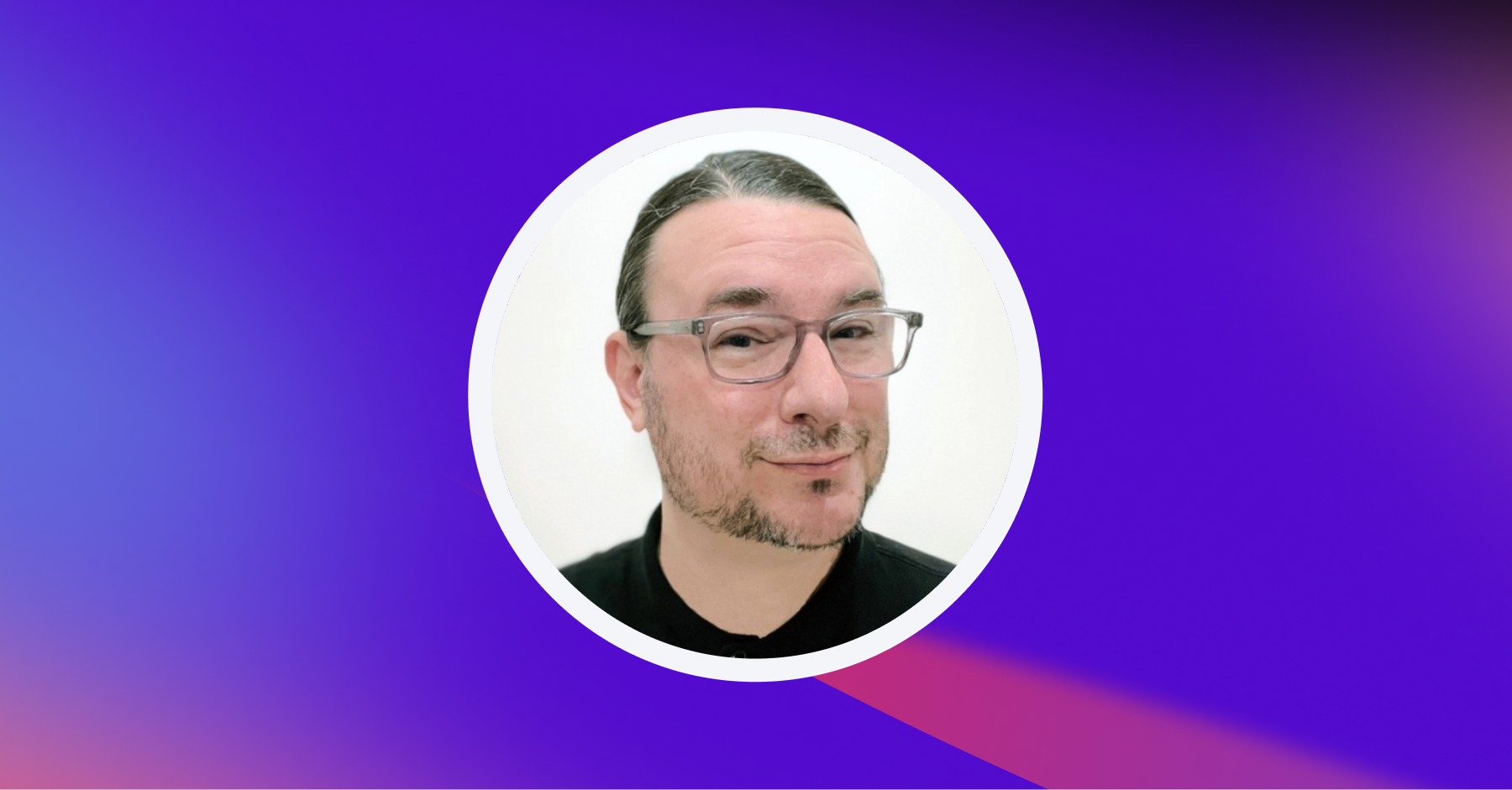Jake Burghardt on getting more value from research you’ve already done
In many organizations today, teams are producing valuable research but not fully capitalizing on it. During Rally’s AMA with Jake Burghardt, author of Stop Wasting Research, the discussion focused on a central theme: organizations don’t just have a research production problem; they have a research activation problem. The opportunity isn’t always to do more research, but to make better use of what already exists.
“You don’t need more research to drive impact; you need better access to what you already know.”
— Jake Burghardt
About Jake
Jake Burghardt is a Seattle-based research and product leader. He began his career in the early dot-com era, working across design, business analysis, and product strategy roles. He later spent six years at Amazon leading insight initiatives. He first served as a Principal UX Researcher and then as a Principal Product Manager. Jake also served on the ResearchOps Community Board and partnered with Rosenfeld Media to publish Stop Wasting Research, a book focused on maximizing the product impact of existing customer insights.
Why valuable insights go unused
Jake explained that while research studies often produce meaningful outcomes, many valuable insights never get applied. This isn’t because they lack relevance. Instead, they don’t reach the right people at the right time.
He described three root causes:
1. Findability
Research is often stored in scattered reports and slide decks, making it difficult to locate useful insights later. Jake noted that “disparate storage of random reports isn’t really doing it for folks,” and that researchers need better ways to prepare insights for long-term use.
2. Motivation
Jake shared that stakeholders frequently treat insights as optional unless they are part of an active study. Organizations must shift the perception of research from “nice to have” to “essential input.”
3. Integration
Even when research is organized, it can still be missed in key decision moments. Jake emphasized the need for intentional touchpoints so that insights are brought back to the right people at the right time.
“People can't care about things they don't know about.”
— Jake Burghardt
The strategic opportunity in existing research
Rather than beginning every initiative with new research, Jake encouraged researchers to look first at what has already been learned.
He shared examples from his time at Amazon, where consolidating existing research allowed teams to uncover overlooked insights that later influenced product direction. In some cases, those insights directly informed experiments that led to measurable success.
Jake also addressed a common misconception that older research is no longer useful. He stated, “Age alone does not discount an insight, especially in user research where we're studying people.” He explained that customer needs often remain consistent over time.
How teams can start unlocking existing insights
Here are several actions teams can begin taking immediately.
Start every study with prior knowledge
Jake recommends including a “what we already know” section in every study plan. Even without formal tools, teams can ask peers or reference past reports to sharpen research questions and avoid duplicating work.
Create insight summaries
There is value in summarizing key insights into clear statements supported by research evidence. These summaries make insights easier to understand, reference, and reuse in future planning.
Take inventory of research
Starting with a simple inventory, for example, a spreadsheet of past research helps teams surface what exists and identify gaps where new research is truly needed.
Share research proactively
Jake emphasized the importance of communication and encouraged researchers to share and showcase insights beyond their immediate teams.
Broadening the definition of research
Valuable customer insights do not come exclusively from UX Research, though. Customer success, support, data science, and other teams often uncover patterns that could inform strategic decisions. By consolidating these learnings, organizations can uncover stronger themes and increase the likelihood of insights reaching the right audiences.
TL;DR | Key takeaways
- Many organizations already have the research they need; the challenge is activating it.
- Existing insights can drive significant value when made accessible, visible, and timely.
- Age does not diminish the relevance of a customer insight when foundational needs remain constant.
- Research teams increase their strategic impact when they focus on findability, motivation, and integration.
- Building a culture of reuse is a critical step toward maximizing the return on research investments.
Connect with Jake
Follow him on LinkedIn and say hello!
Thanks, Jake!
Thank you to Jake Burghardt for joining us and sharing his perspective on how organizations can get more value from the research they already have. His insights encouraged our community to think differently about research as an ongoing asset that continues to generate impact over time.
To explore more of Jake’s thinking and his full framework, check out his book Stop Wasting Research!
